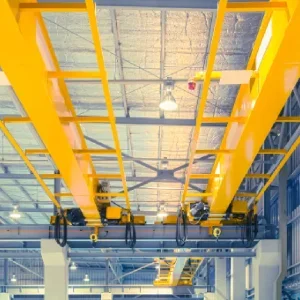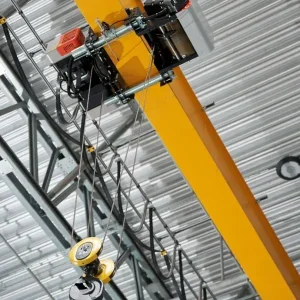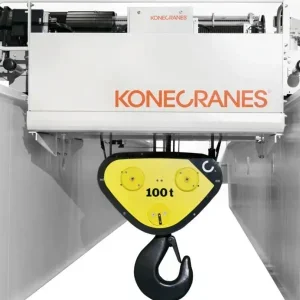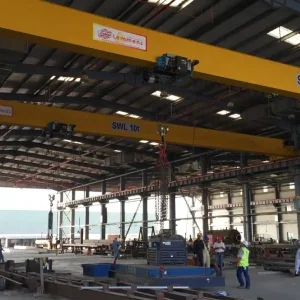This includes designing and constructing a product to meet relevant essential requirements; assembling evidence in a technical file to show how the product meets those essential requirements; submitting a sample for third party examination by a Notified Body; certifying the product’s compliance with a Declaration of Conformity document and affixing the CE/UKCA (Conformity Assessment) mark.
Hoist catches up with Ben Dobbs, head of technical services, Lifting Equipment Engineers Association (LEEA), who is the principle expert on many standards committees, notably BS, CEN and ISO, to get his advice on the matter.
“With respect to LOLER, nothing changes. The main change is to do with the supply of lifting equipment and placing on the market. I recently did a presentation for our members on this very subject to explain what has changed already and what is going to change in the future,” he said.
For example, ‘Placing on the Market’; means when made available in Great Britain, Northern Ireland or the EU for the first time; and applies to individual items of lifting equipment and not model or type. It applies to manufacture for own use; and includes GB – Supply of Machinery (Safety) Regulations 2008[1] – Part 3 General prohibitions and obligations and the EU – National legislation that implements the Machinery Directive 2006/42/EC or the directive itself.
Also, on July 16, 2021, Regulation (EU) 2019/1020 – Market Surveillance and Compliance of Products Regulation – will come into effect, which means manufactures may need to appoint an EU representative if there is no other economic operator in place, when exporting to the EU and NI.
“On a standards level, all standards continue to be updated and revised with the most significant activity being on a CEN and ISO level, which is where most of my time has been spent of late,” added Dobbs.
“The important thing to be aware of is to be responsible for your own machinery. I see a lot of incidences where the CE mark is used where it shouldn’t be and vice versa. No-one polices the products because it is more of a technical issue. However, if a situation occurs where something goes wrong, the product will be inspected and the manufacturer could be at risk of negligence. And that is something they need to be aware of.”






